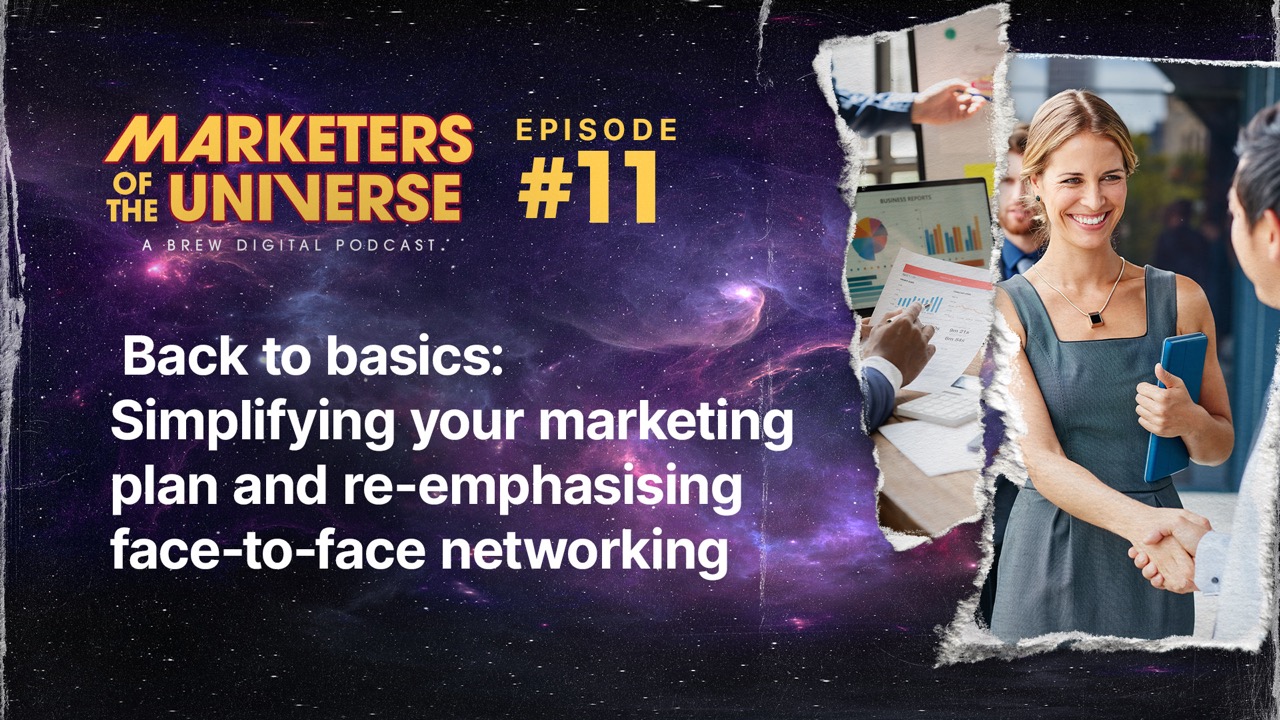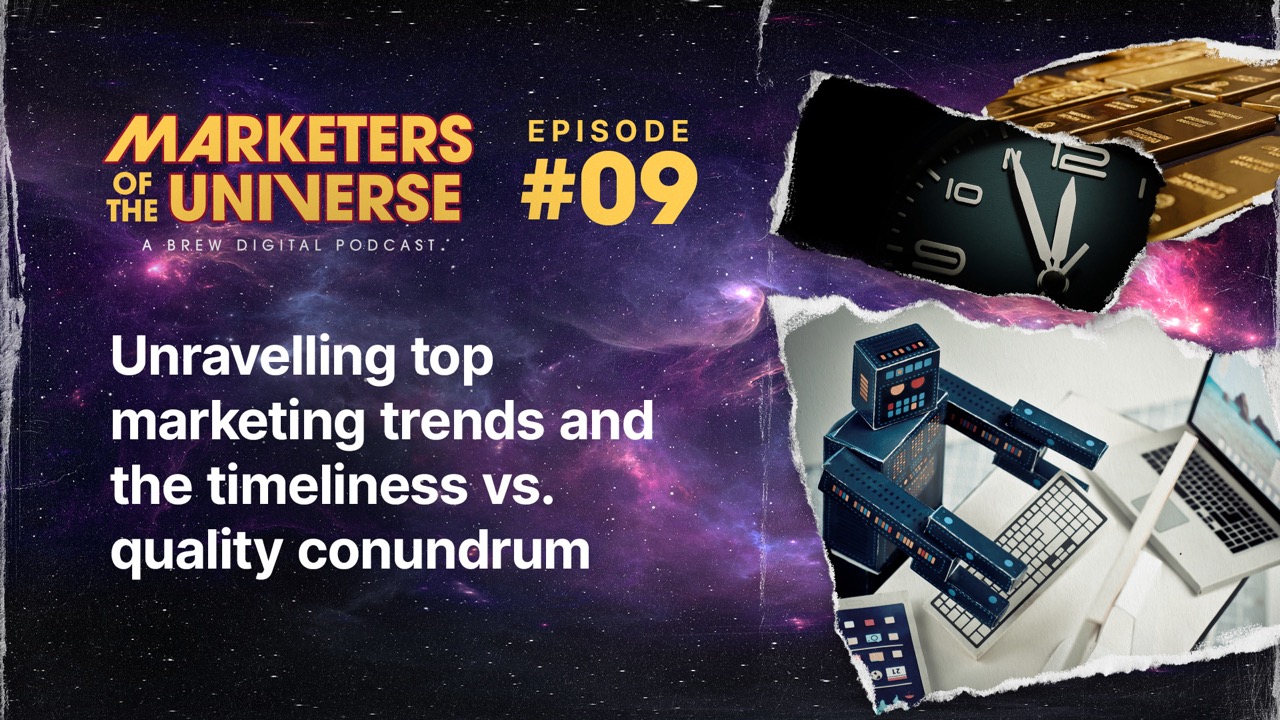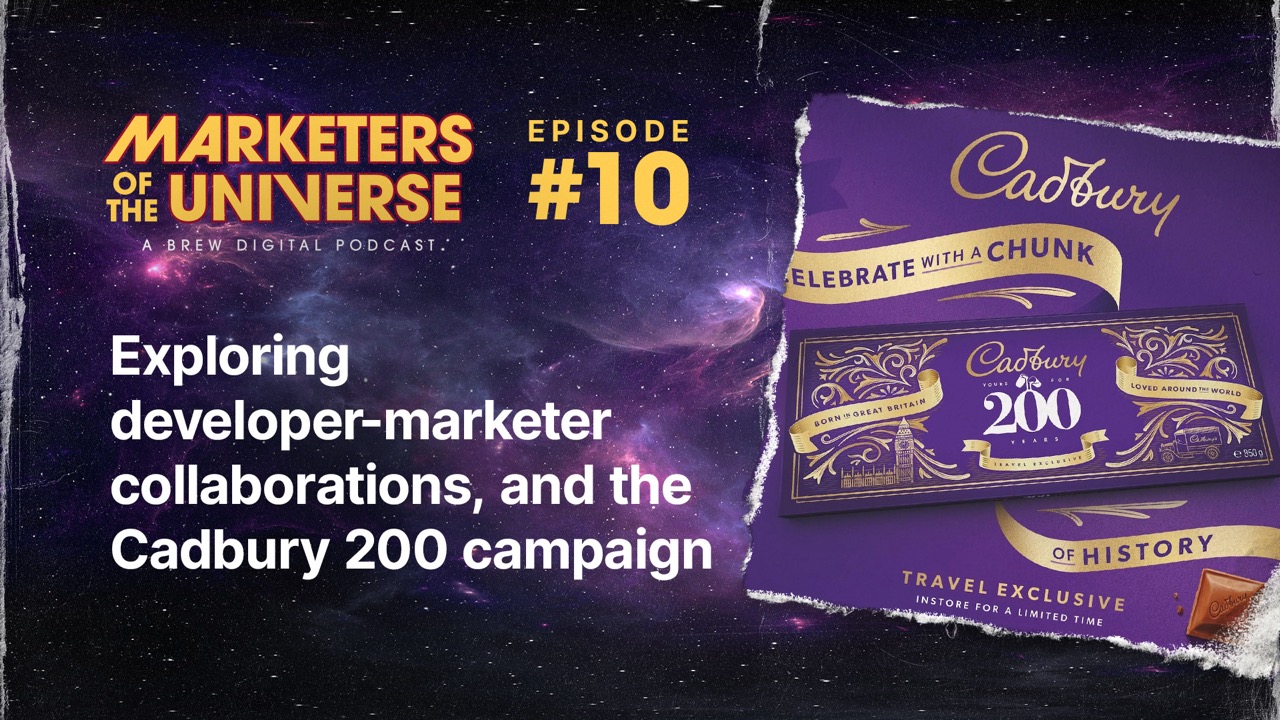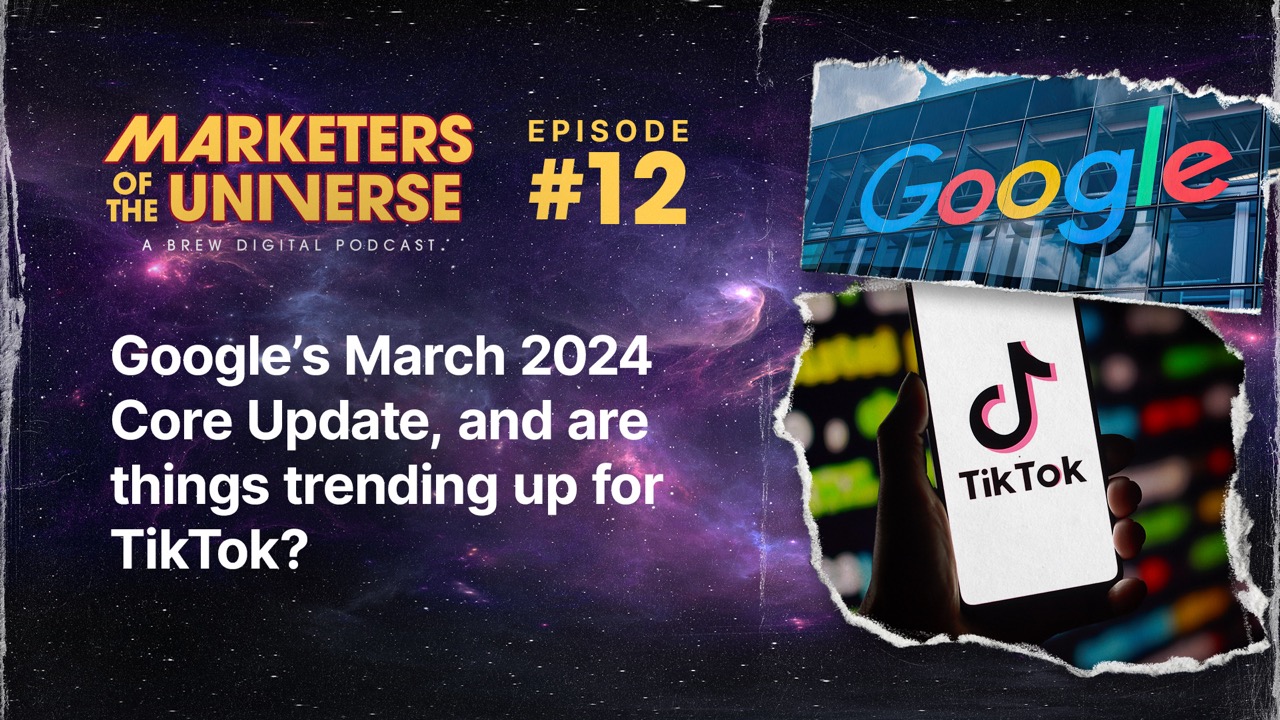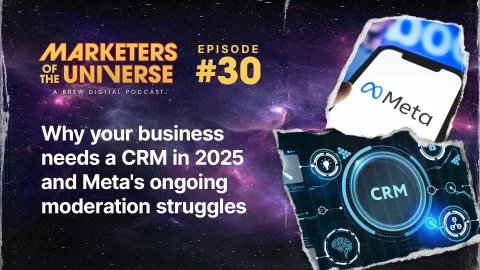In 2025, CRM systems have become indispensable for businesses keen on enhancing customer relationships and streamlining operations. While 73% of businesses have adopted a CRM, a surprising 23% have yet to do so. More notably, only 67% of non-profits use a CRM, according to a Nonprofit Tech for Good report. This indicates significant room for growth, especially considering the tailored benefits a CRM can offer to both non-profits and businesses.
What is a CRM?
A CRM system is the heartbeat of your business operations, centralising all customer data. It helps manage interactions, track communications, and personalise customer experiences seamlessly. Once seen as tools for sales teams, CRMs are now vital for marketing, offering insights that drive personalised campaigns and enhance customer engagement.
Why is a CRM essential in 2025?
A CRM system doesn't just store customer data; it revolutionises how you engage with your audience. By automating processes and personalising interactions, it helps businesses of all sizes boost customer satisfaction and drive sales. For non-profits, a CRM can tailor donor communications, increasing engagement and contributions.
Overcoming barriers to CRM adoption
Many small businesses and non-profits hesitate to adopt CRM systems due to perceived costs and complexities. However, there are numerous scalable CRM solutions available, often with free trials or discounts for non-profits. Providers like HubSpot and Salesforce offer robust support to ease the setup process, reducing the fear of technical debt. The long-term benefits, like improved efficiency and customer retention, often justify the initial investment. Think of it as building stronger relationships with your supporters.
Starting with a CRM early is crucial. Organising your data from the start prevents the overwhelming task of sorting through disorganised information later. This proactive approach ensures compliance with data regulations like GDPR and lays the groundwork for efficient marketing strategies.
Ensuring compliance and ethical data use
In our data-driven world, compliance with regulations such as GDPR is vital. A CRM helps manage consent, securely store data, and automate compliance processes, ensuring your business remains compliant. The guiding principle is simple: treat customer data with respect and integrity. This ethical approach builds trust with your customers and protects your business from potential fines.
Getting started with CRM
Getting started with a CRM might seem daunting, but it doesn't have to be. Identify your needs and research providers that offer industry-specific solutions. Many providers offer support during setup, so you're not left in the dark. The time saved in the long run is invaluable.
If you’re struggling with where to start, have a CRM you don’t feel is being used effectively, or are just using a spreadsheet, reach out to Brew Digital, and we’ll be happy to help!
Conclusion
In 2025, a CRM system is not just a luxury but a necessity for businesses and non-profits looking to thrive. By enhancing customer interactions, ensuring data compliance, and providing valuable insights, CRM systems empower organisations to build lasting relationships with their customers and supporters. So, whether you're a small business or a non-profit, it's time to prioritise CRM adoption and enjoy the benefits it offers.
